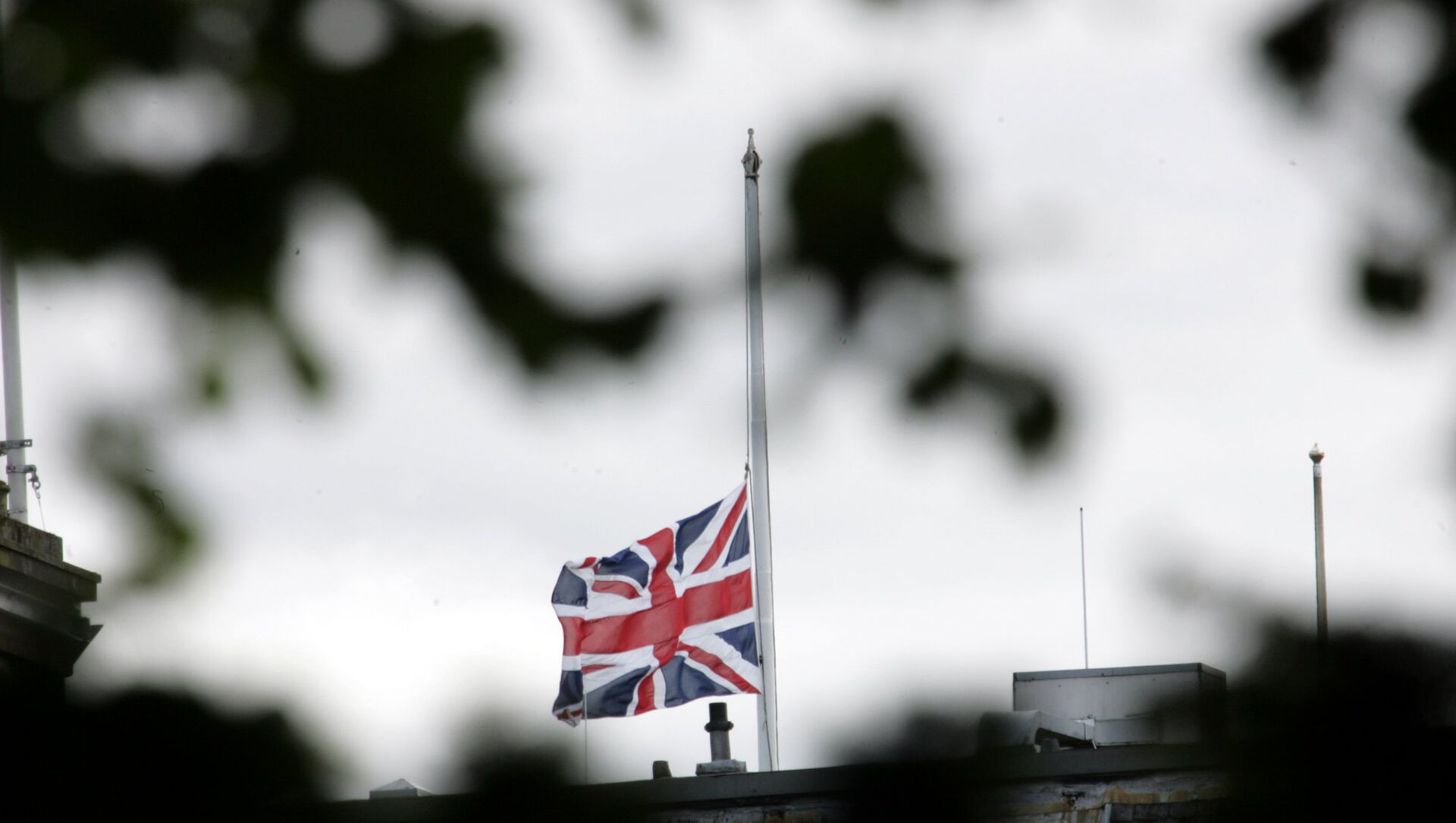The former first minister of Wales has warned that the United Kingdom may cease to exist as a country within the next decade.
Labour MS Carwyn Jones told Radio Cymru on Tuesday that the UK needs to reform the relationship between its constituent nations to survive as a union, but added it may already be "too late" to prevent Scotland's withdrawal.
He said that while he doesn't support independence, he would not be in favour of a union between England and Wales and that if it came to pass “we would have to think about what’s appropriate for the future.”
He suggested that the UK adopt a more federal system in order to prevent an inevitable break-up.
“Without some kind of change I don’t believe the United Kingdom will be here in ten years," Jones said.
He added that there's not enough "flexibility from the UK government at the moment to secure the future of the nation" and warned that independence is "an earthquake," whether it happens through a "referendum or as the result of a war."
“For me there is a different model that recognises that Wales is a sovereign country and that the United Kingdom is a union of countries that are members of that kingdom voluntarily," he said.
“Now is it too late to contemplate that situation – is it too late to offer that model to the people of Scotland – that’s something that worries. Maybe it is too late."
He urged for those who believe in a fairer union to to argue its case across the country.
“What I would like to see, I am not in favour of independence, but I would like to see a much more federal system and a lot more equal in the United Kingdom," he said.
Jones added that "the UK government can do whatever it wants, they can avoid the Barnett formula for example, and if they want to give money to Northern Ireland like they did and say to Wales and Scotland ‘you’re not getting a penny’, even though there’s a formula to use, they can."
He called for a "much fairer system, that enables people to know what’s happening and of course to ensure more equality" and said he isn't favour of a United Kingdom that follows "the vision of Boris Johnson at the moment, which is more or less England, and parts that are tied into England."
“That’s why I’m saying now that we have to think about new ways forward in order to avoid that."
Whoever the UK govt source is here, they’re on dangerous ground. Wales is strongly devolutionist and any attempt to portray unionism as London centralism will simply drive more people towards independence. https://t.co/NGNrjaqw74
— Carwyn Jones AS/MS 🏴 (@AMCarwyn) February 2, 2021
The former first minister's comments follow the publication of a survey commissioned by The Sunday Times in January, which polled Scotland, Northern Ireland, England, and Wales – it shows that people are doubting the union.
In Scotland, 49 percent would back independence, while 44 percent are against it. The Scottish National Party leadership said it would seek to hold a "legal" referendum if they win a majority in the May Holyrood elections.
The majority of respondents in Northern Ireland said they wish to remain in the UK (47 percent), with 42 percent in favour of unification. However, 51 percent said they would support a referendum on a united Ireland within the next five years, with 44 percent opposed.
In Wales, 23 percent support leaving the UK while 31 percent support holding a referendum on the matter.
An unprecedented survey of the state of the Union, based on separate polls in Scotland, Northern Ireland, England and Wales, found that Scotland would vote for independence by a margin of 52 per cent to 48 per cent (1) pic.twitter.com/AXxGcMm9Ta
— The Sunday Times (@thesundaytimes) January 23, 2021
Much of the growing independence sentiment has been attributed to the UK's withdrawal from the EU last year. Scotland and Northern Ireland voted largely in favour of remaining in the bloc despite the victory of the Leave campaign, largely due to English votes.
Polling and increased electoral victories for nationalist parties in the devolved nations since the 2016 referendum has strained the relationship between the union's constituent parts and Westminster.



